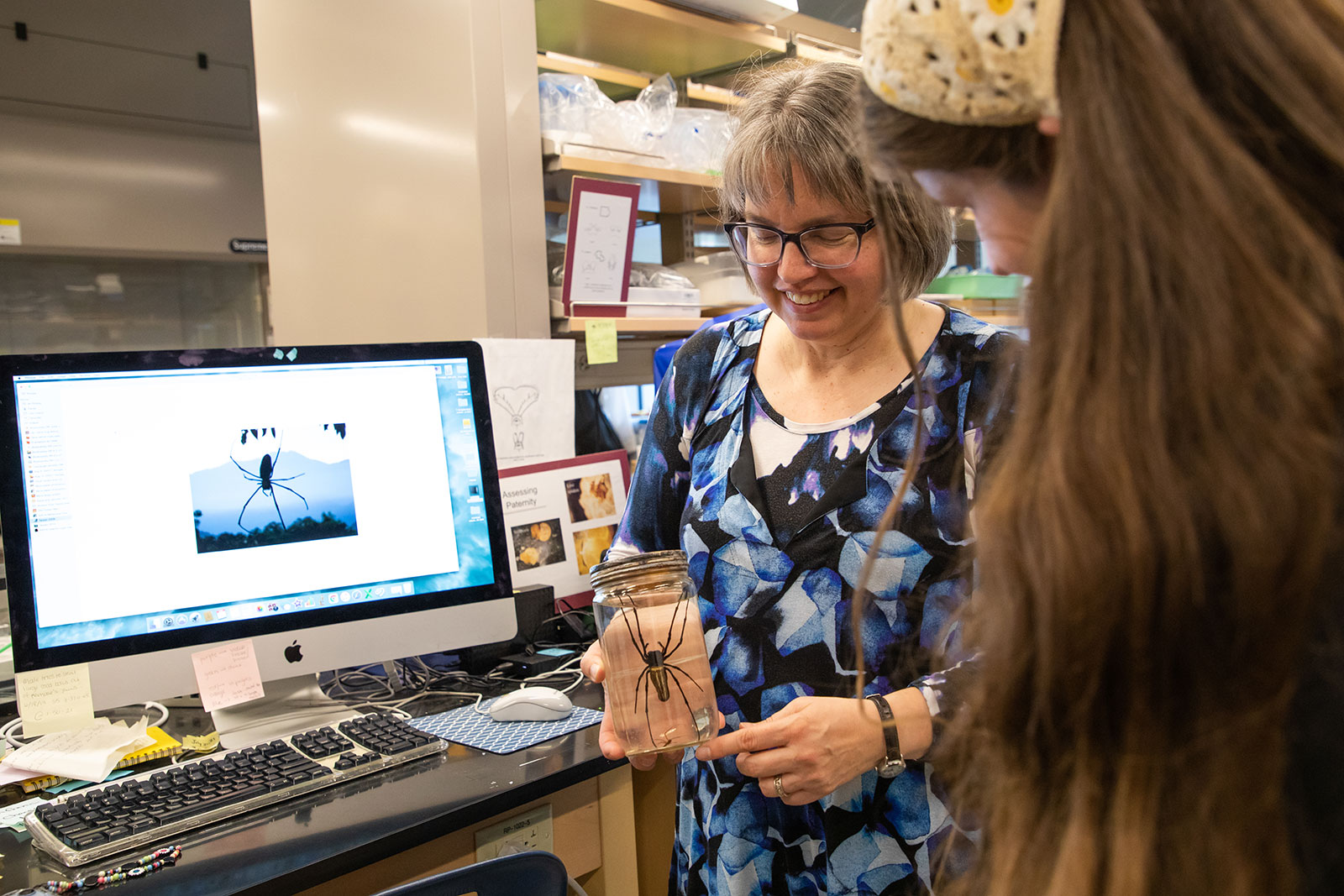Related Resources
Big Opportunities in a Small Program
 Our graduate program in environmental science at UM-Dearborn is small, which ensures you receive lots of personal attention from our faculty and their help in crafting an individualized plan of study and research that meets your professional goals. As a graduate student, you’ll have virtually boundless access to research equipment, laboratories, and other facilities for hands-on research. And you’ll have opportunities to conduct research with our esteemed faculty.
Our graduate program in environmental science at UM-Dearborn is small, which ensures you receive lots of personal attention from our faculty and their help in crafting an individualized plan of study and research that meets your professional goals. As a graduate student, you’ll have virtually boundless access to research equipment, laboratories, and other facilities for hands-on research. And you’ll have opportunities to conduct research with our esteemed faculty.
Although environmental science can be a full-time graduate program, we’ve also made it accessible to working, part-time students by offering the classes during the evening, on Saturdays, and online. In fact, many of our graduate students have significant professional experience.
Where an MS in Environmental Science Will Take You
It will prepare you for a variety of fulfilling careers in state and national government agencies, local conservation agencies, private industry, environmental consulting firms, nonprofit organizations working in resource management and advocacy, and education, among others. You’ll also have a solid foundation for doctoral studies.

